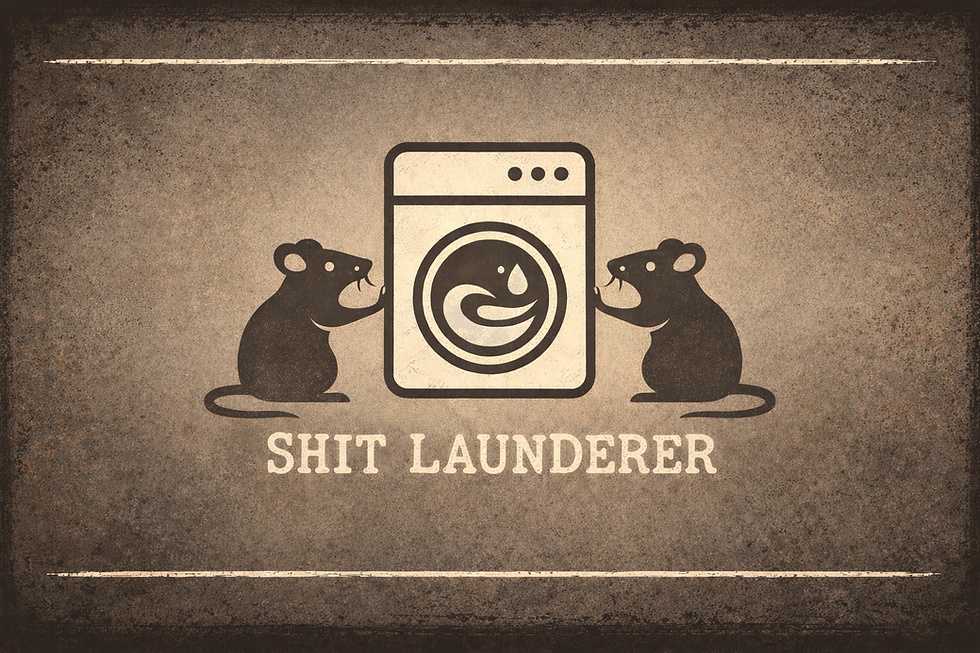Why Putin Needs Trump’s Help Now More Than Ever: The Deep Strikes Are Working
- john raymond
- Aug 8, 2025
- 4 min read

There’s a reason Putin is scrambling. A reason why Trump is suddenly pushing poisoned peace deals. A reason why the panic from Moscow is echoing across Telegram channels and why FPV drones are haunting Russian skies from Saratov to Crimea. The truth is simple and devastating: the Ukrainian deep strike campaign is working, and it is unraveling not just Russia’s military posture—but the entire illusion of Putin's control.
Let’s start with the first domino.
Operation Spiderweb: The $6 Billion Shock
When Ukraine carried out Operation Spiderweb, it didn’t just destroy strategic bombers. It didn’t just humiliate Russia by showing that Ukraine could launch from inside Russian territory. It sent a message: we are inside your loop now. And the cost to Russia was staggering—an estimated $6 billion in strategic assets gone in a flash.
But Spiderweb was more than a technical success. It revealed something deeper and more dangerous to Russia: a new operational discipline inside Ukraine, one that had eliminated the soft spots exploited by Russian intelligence. And that's where NABU and SAPO come in.
The Anti-Corruption Agencies That Were Too Transparent
The success of Spiderweb also exposed a vulnerability within Ukraine—not Russian sabotage, but Ukrainian overtransparency. Anti-corruption agencies NABU and SAPO, while crucial to the country's democratic evolution and EU ambitions, had become a channel through which Russian assets could gather intelligence under the guise of accountability.
Zelenskyy acted swiftly. First, laws were passed to bring these agencies under tighter control. Some Westerners misunderstood this as backsliding. It wasn’t. It was surgical. Arrests were made. Networks disrupted. OpSec re-secured. Ukraine had learned: you cannot wage total war while leaving your flank open to internal and external compromise.
Once the internal cleanup was complete—and once Russian influence inside NABU and SAPO was neutralized—the independence of these institutions was restored. The law was reversed. The anti-corruption engine restarted. Ukraine had done the impossible: protect its democracy while protecting its warfighting capacity. That dual move—to centralize and then re-liberalize—is perhaps Zelenskyy's most underappreciated act of statecraft.
And with OpSec restored, the deep strikes resumed. Not just on tier-one targets, but now increasingly on tier-two infrastructure—radars, oil refineries, logistical depots, mobile command posts, economic nodes. Putin is no longer merely bleeding high-value military assets. He is watching his logistical and economic spine collapse under the scalpel of drone warfare.
Why Putin Needs Trump Now
This is why we are seeing frantic moves by Putin to re-arm Trump with leverage over Kyiv. And this is why Trump, ever the willing subordinate, is moving in lockstep to offer a "peace deal" that is nothing more than a containment plan for Ukraine's rising strategic advantage.
Let us be absolutely clear: Trump does not seek peace. He seeks leverage. And leverage, in this case, means getting Ukraine to stop doing the one thing that is hurting Russia the most: deep strikes on Russian soil.
A real peace deal would be negotiated through the proper channels—NATO, EU, OSCE. What Trump and Putin are offering is a poisoned deal: stop the strikes or lose American support entirely. It is extortion disguised as diplomacy. And they’ve done it before.
May 8th, Replayed
We’ve seen this game before. On May 8th, Ukraine paused strikes in deference to Trump's promised retaliation against Russia for crossing one of his so-called red lines. That retaliation never came. Russia used the reprieve to recover and regroup. Ukraine was left holding an empty promise.
We are watching the sequel unfold in real time.
The Truths We Must Accept
Truth One: Trump works for Putin. This is not metaphor. This is strategic alignment. Through kompromat, shared interests, and mutual survival, the Trump-Putin axis is real.
Truth Two: Putin’s regime is fragile. The deep strikes have exposed cracks in Russia’s internal coherence. The loss of tier-two assets is degrading both military capacity and economic stability.
Truth Three: Trump’s regime depends on Putin’s. Without Putin’s backing—financial, narrative, and strategic—Trump’s entire authoritarian project collapses. They are co-dependent autocrats.
This is why the stakes are so high now. The deep strike campaign is not merely a military strategy. It is a lever of regime destabilization. That is why Putin and Trump want it stopped. That is why they are using everything—from narrative deception to diplomatic poison pills—to kill it.
What Must Be Done
Ukraine must not agree to any deal that halts strikes inside Russia. Doing so would give Putin space to breathe, and Trump a false win to sell to the American public and wider West. It would stop the momentum of collapse and allow the two tyrants to recover.
Instead, the job of NATO and Ukraine’s Western partners is clear:
Ignore the noise about NATO spending targets and bureaucratic metrics.
Focus entirely on helping Ukraine survive this latest Trump-Putin sabotage attempt.
Continue supplying the means of strategic pressure—drones, intelligence, long-range weapons.
Expose the false peace for what it is: an asymmetric power play designed to save two failing regimes.
This Is the Moment
We must not underestimate the significance of what Ukraine is doing right now. It is not simply defending itself. It is bleeding out the myth of Russian invincibility. It is exposing the hollowness of autocratic might. It is demonstrating that courage, discipline, and ingenuity can outmatch a nuclear bully.
And for that, Trump and Putin are desperate to stop them.
Let us not allow it. Not now. Not again.






Comments